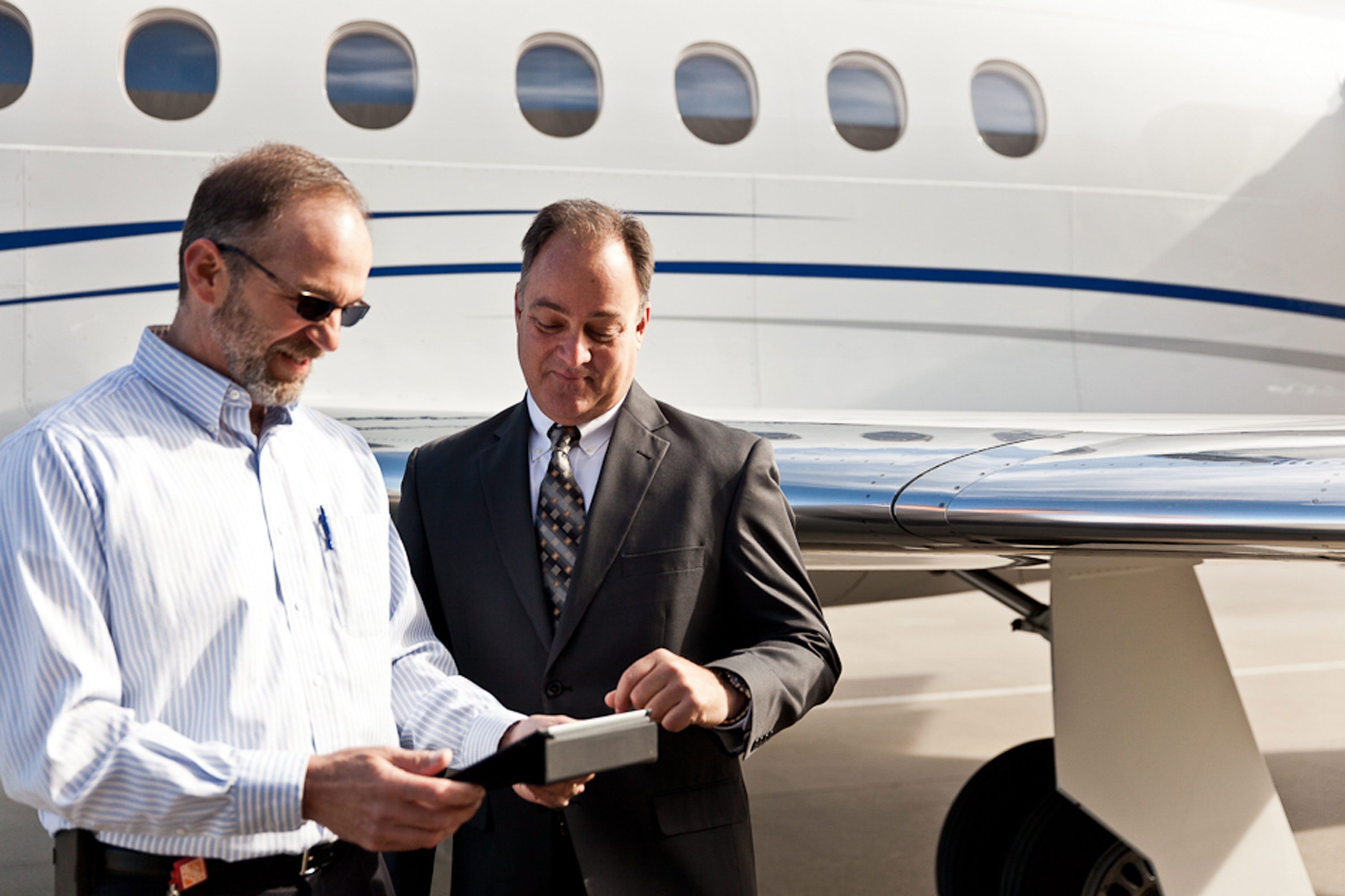
May 18, 2020
Since the enactment of the Coronavirus Aid, Relief, and Economic Security (CARES) Act, NBAA has worked closely with the IRS to clarify how the federal excise tax (FET) holiday will affect business aviation. The law suspended excise taxes on commercial air transportation from March 28 to Dec. 31, 2020. In a May 15 News Hour webinar, industry experts offered insights on how the temporary suspension will be applied.
“The tax holiday applies to all commercial flights, and that includes certain operations under FAR Part 91, such as timeshare and demonstration flights, that the IRS views as commercial,” explained John Hoover, partner at Holland & Knight and, who, as chair of NBAA’s Tax Committee, has participated in discussions with the IRS.
On the webinar, Hoover spoke with NBAA Senior Director of Government Affairs Scott O’Brien; Brenda Jo Beck, director of tax at AvFuel Corporation; and Patrick McGinty, tax manager at EPIC Aviation.
Under the CARES Act, during the suspension period, commercial operations will not have to report FET for the 7.5% tax on amounts paid for the transportation of persons by air, the domestic segment tax, the international travel facilities tax, or the 6.25% tax on amounts paid for the transportation of property. Non-commercial flights are still subject to fuel taxes.
Learn more about the CARES Act.
Fuel taxes for commercial flights are also suspended from March 28 to Dec. 31, 2020, but as Beck noted, these too only apply to commercial operations. “Non-commercial flights and fractional operations are going to be unaffected by this tax holiday,” she said.
However, there is an important distinction in how the IRS will apply the tax holiday to FET and the separate suspension of fuel taxes, noted Hoover. “Under the tax holiday, there is no federal excise tax – that is no transportation tax or ticket tax – on amounts paid during the tax holiday. This timing rule is important as you must focus on the date the amounts were paid,” said Hoover.
“If you had a charter flight in February 2021, after the suspension ended, and the customer paid for some or all of the flight in April 2020, during the tax holiday, the payment is free of federal excise tax because you look at the date of payment not the date of the flight,” Hoover added.
Conversely, the suspension of the fuel taxes only applies to fuel that is used on flights conducted between March 28 and Dec. 31, and not for the date an operator pays for the fuel.
The complexity of this distinction is particularly important for jet cards purchased during the tax holiday but used for flights conducted after the suspension expires. “The IRS has made it clear in its new FAQs, in the blue book and in our direct discussions with them that such fights should enjoy the holiday from the 7.5% excise tax. Having said that, with respect to the fuel tax, flights occurring after the tax holiday would have to pay the full 4.4 cents per gallon fuel tax,” Hoover explained.
During the News Hour, Avfuels’s Beck offered guidance on how to claim credits or refunds of fuel tax on jet fuel. She added that IRS intends to simplify the reporting of tax holiday provisions and expects to issue new tax forms before the end of the second quarter.
NBAA’s O’Brien noted that while the CARES Act introduced important relief for commercial business aviation operations, NBAA continues to work with legislators to provide relief for non-commercial operations in future stimulus bills. He recommended members visit NBAA’s Contact Congress resource to support this effort.


 International Business Aviation Council Ltd.
International Business Aviation Council Ltd.